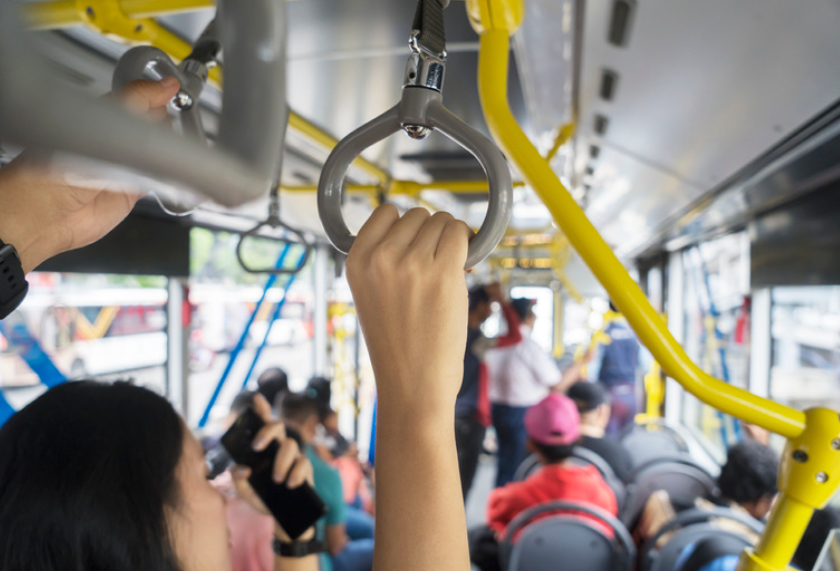Universal Free Public Transit in Los Angeles: A Groundbreaking Initiative
In a transformative decision, the Los Angeles Metro Board has approved a universal free public transit program, marking the city as a pioneer among major urban centers in the United States. This ambitious initiative will eliminate fares for all public transportation options, including buses, trains, and subways. Set to commence on July 1, this initiative aims to significantly enhance ridership while also tackling the pressing issues of traffic congestion that plague the city.
Funding the Initiative
The program is supported by a combination of federal grants, local taxes, and private partnerships. This financial strategy is designed to sustain operations without burdening users. Officials anticipate that the removal of fares will extend significant benefits to millions of Angelenos, particularly low-income residents who often depend on public transportation for their daily journeys. Increased access to public transit could lead to improved mobility and economic opportunities for those who need it most.
Environmental and Traffic Benefits
One of the primary motivations behind the universal free transit program is the potential environmental impact. Experts estimate that the initiative could lead to a reduction of tens of thousands of cars on the road, ultimately resulting in lower carbon emissions. This shift is essential for improving air quality in an area known for its smog and pollution. The Los Angeles Metro Board is committed to not only making transit accessible but also addressing the critical need for sustainable urban mobility solutions.
Concerns and Criticisms
While the program has received widespread support, it is not without its critics. Concerns have been raised regarding the long-term sustainability of funding for the initiative. As ridership increases, so too will the demand for maintenance and operational funding. Some critics also fear that the elimination of fares may lead to overcrowding on already-busy routes, prompting questions about the city’s capacity to accommodate a surge in passengers. To address these issues, Metro leaders have emphasized their commitment to infrastructure upgrades that will help manage increased ridership effectively.
Promoting Equity and Accessibility
City officials are framing the universal free transit program not just as an operational change, but as a significant stride toward promoting equity within the transportation system. By removing financial barriers, the program is designed to enhance accessibility for all demographics in Los Angeles. This equitable approach aligns with broader initiatives aimed at ensuring that all residents, regardless of income level, have the ability to navigate the city efficiently and affordably.
A Model for Other Cities
Los Angeles’s universal free transit program is being viewed as a potential template for other cities facing similar challenges related to traffic and public transportation accessibility. As urban areas continue to grow, the lessons learned from implementing this program could provide valuable insights into how municipalities can effectively enhance their own transportation systems. City officials hope that this initiative will inspire a broader movement toward adopting similar strategies across the nation.
Conclusion
The launch of the universal free public transit program in Los Angeles is a bold and innovative approach that could redefine urban mobility in one of the largest cities in the United States. By eliminating fares, the initiative aims to improve access to public transportation, reduce traffic congestion, and promote environmental sustainability. While challenges remain regarding funding and capacity, the broader implications of such a program could serve as a model for cities seeking to enhance their transportation networks in an equitable and sustainable way. As Los Angeles embarks on this new chapter, its outcomes will be watched closely by policymakers and urban planners across the country.
FAQs
What is the start date for the universal free transit program in Los Angeles?
The program is set to launch citywide on July 1.
How is the program being funded?
The funding for the initiative comes from a mix of federal grants, local taxes, and private partnerships.
Who will benefit most from this program?
Millions of Angelenos, particularly low-income residents who rely on public transit for their daily commutes, are expected to benefit significantly from this program.
What are the main concerns regarding this program?
Critics have expressed concerns about long-term funding sustainability and the potential for overcrowding on public transit systems as ridership increases.
Could this program influence other cities?
Yes, city officials hope that Los Angeles’s initiative will serve as a model for other urban areas looking to address similar issues related to public transportation and urban mobility.

